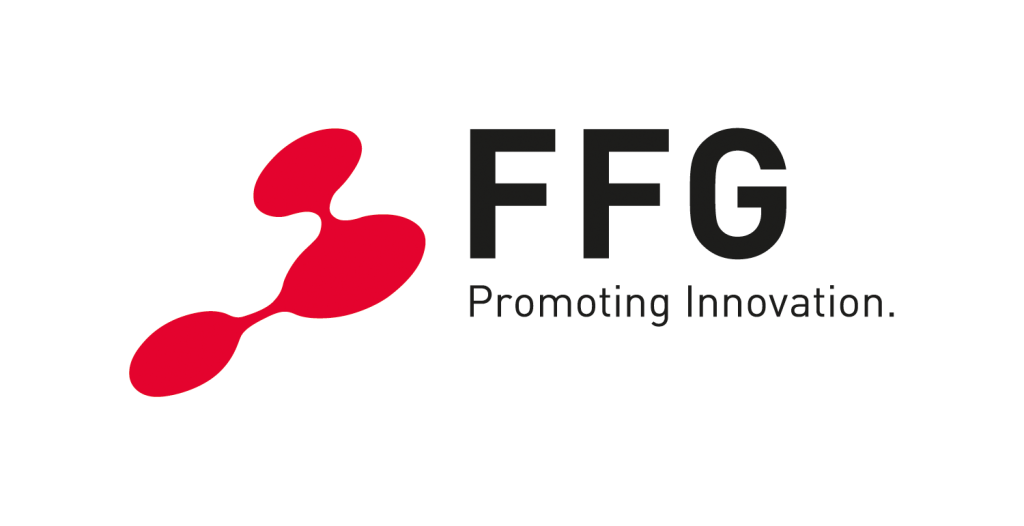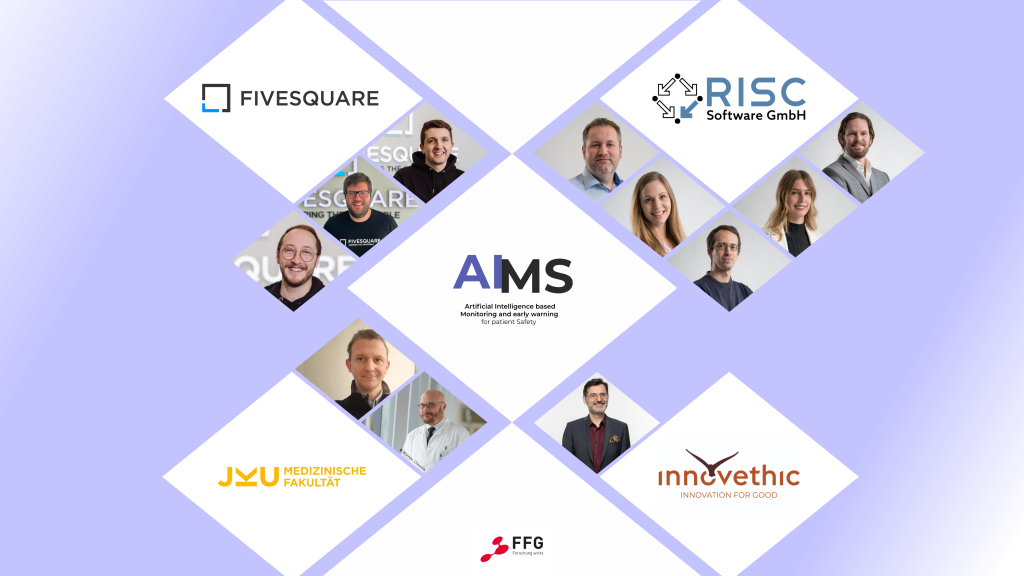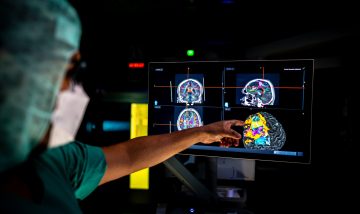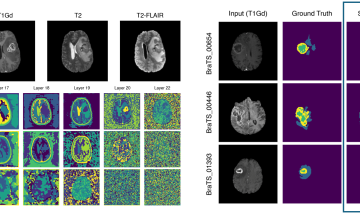Research project AIMS
The aim of AIMS is to develop and validate an early warning system using artificial intelligence to warn of deteriorating conditions on the hospital ward before they occur.
Medical motivation
Although surgical procedures can now be performed more safely than ever before, they are still associated with a high risk for patients. In Europe, an average of 4% of all patients undergoing surgery die in hospital. Of these, just over half die in hospital wards without having been admitted to an intensive care unit (ICU). A significant proportion of these patients die unexpectedly (1).
Patient safety as the primary goal of AIMS
The AIMS (Artificial Intelligence based Monitoring and early warning for patient Safety) research project addresses precisely this issue: The aim of AIMS is to develop and validate an early warning system using artificial intelligence to warn of deteriorating conditions on the hospital ward before they occur. In this way, medical interventions can be made, and a complication potentially prevented. This type of early warning will innovatively improve patient safety and thus prevent unforeseen deaths.
In everyday clinical practice, various physiological signals from patients are recorded, such as blood pressure, but usually only on an ad hoc basis and not continuously. This leads to a low quantity and quality of available physiological clinical data. High-quality data that would be sufficient for an early warning system is currently only collected in intensive care units and operating theaters. Therefore, AIMS initially uses retrospective data from the ICU (physiological signals, structured patient health data) to train an AI prediction model. A suitable sensor system will be developed and validated to collect further physiological patient data on the ward.
The greatest direct benefit of the AIMS research project will undoubtedly be for individual patients, as their safety can be increased, and their lives protected. AIMS supports clinical staff in taking medical measures in a more timely, objective, and systematic manner. Early detection of an otherwise unpredictable deterioration in health, combined with appropriate medical interventions, therefore has the potential to reduce the number of admissions to intensive care units, shorten hospital stays and, most importantly, save patients’ lives.
Since the system developed in AIMS can have a direct impact on patient safety, there are several ethical requirements that are addressed by the consortium right from the start and during development (ethics by design).
The long-term vision of AIMS is to further develop this early warning system for the entire patient journey – from patient admission to home care.
Contribution to European technological sovereignty
Overall, AIMS makes a significant contribution to European technological sovereignty. The use of medical AI technologies developed abroad is problematic for several reasons:
- AI developed by global players such as the USA or China is based on different data and framework conditions, which are reflected in the AI models as so-called data bias. The risk that AI technologies will not function properly if they are used in Austria/Europe also poses a risk to patients.
- Large, public datasets (e.g. MIMIC-IV (2), VitalDB (3)) contain non-European data.
Since the medical partner (Johannes Kepler University Linz, Medical Faculty, Department for Anesthesiology and Critical Care Medicine) has been generating data for scientific analysis for years, which can also be used for the research questions of AIMS, there is a big head start in the project.
For optimal applicability in Europe, AIMS is developing suitable AI systems based on the European value base of health data. AIMS supports the sustainable establishment of AI solutions in clinical practice throughout Europe. It increases the accessibility and availability of patient condition data collected in the intensive care unit and other care areas of the hospital, especially in the ward. The results will make a significant contribution to high-quality healthcare data and AI research in Europe. The combination of world-leading technologies from Austria into a European health data set promises great opportunities for future medical applications independent of foreign (non-European) providers.

Refernces
(1) Pearse RM, Moreno RP, Bauer P, Pelosi P, Metnitz P, Spies C, et al. Mortality after surgery in Europe: a 7 day cohort study. The Lancet. 2012 Sep;380(9847):1059–65.
(2) Johnson A, Bulgarelli L, Pollard T, Horng S, Celi LA, Mark R. MIMIC-IV [Internet]. PhysioNet; 2020 [cited 2023 Feb 13]. Available from: https://physionet.org/content/mimiciv/2.2/
(3) Lee HC, Jung CW. VitalDB, a high-fidelity multi-parameter vital signs database in surgical patients [Internet]. PhysioNet; 2022 [cited 2022 Nov 15]. Available from: https://physionet.org/content/vitaldb/1.0.0/
This project is funded by the FFG. www.ffg.at.

Project partners

Details zum Projekt
- Project short title: AIMS
- Project long title: Artificial Intelligence based Monitoring and early warning for patient Safety
- Project partners:
- RISC Software GmbH ((consortium leader)
- FiveSquare GmbH
- innovethic e.U.
- Johannes Kepler University Linz, Medical Faculty, Department for Anesthesiology and Critical Care Medicine
- Call for proposals: FFG Digitale Technologien 2022
- Total budget: 1.74 million euros
- of which funding: 1.45 Mio. million euros
- Duration: 10/2023 – 09/2026 (36 months)
Contact person
Project manager

Mag. Isabell Ganitzer
Project Manager


